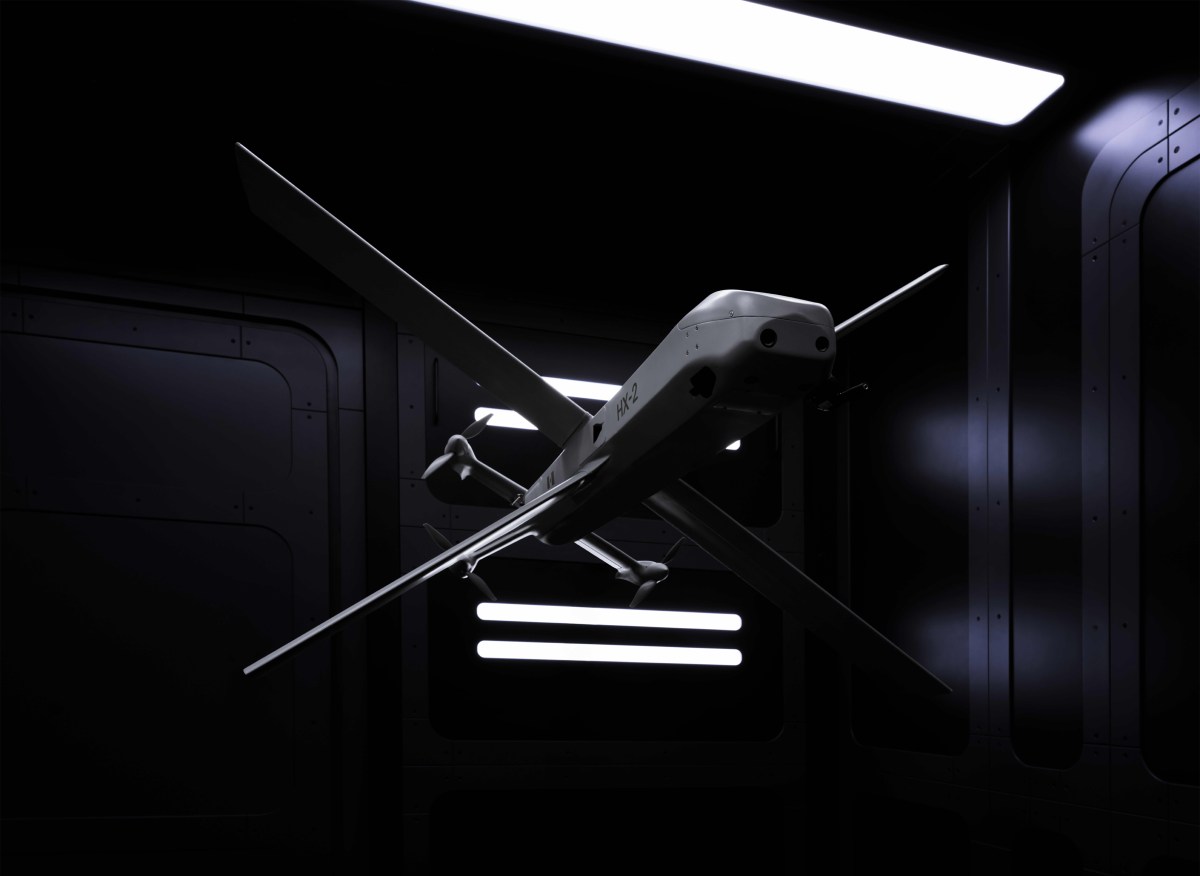Drone Powerhouse: How Germany's Defense Innovator Is Supercharging Ukraine's Arsenal

In a bold move that's capturing the attention of the defense technology sector, Helsing, a cutting-edge German startup, is ramping up its drone production capabilities. Backed by high-profile investors including Spotify co-founder Daniel Ek, the company is set to manufacture an impressive arsenal of 6,000 HX-2 strike drones, complementing its existing lineup of 4,000 HF-1 drones.
This significant production expansion signals Helsing's strategic commitment to advancing military technology and meeting growing defense market demands. The startup has quickly emerged as a key player in the defense tech landscape, leveraging innovative design and sophisticated engineering to create next-generation autonomous drone systems.
With support from prominent tech entrepreneurs and investors, Helsing is positioning itself at the forefront of modern defense innovation, demonstrating the increasing intersection of technology and military capabilities in today's rapidly evolving geopolitical environment.

